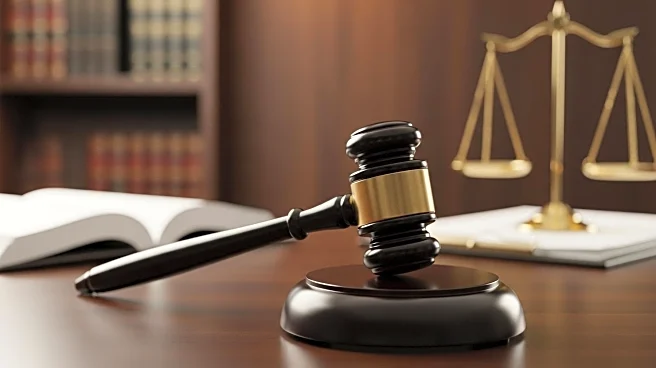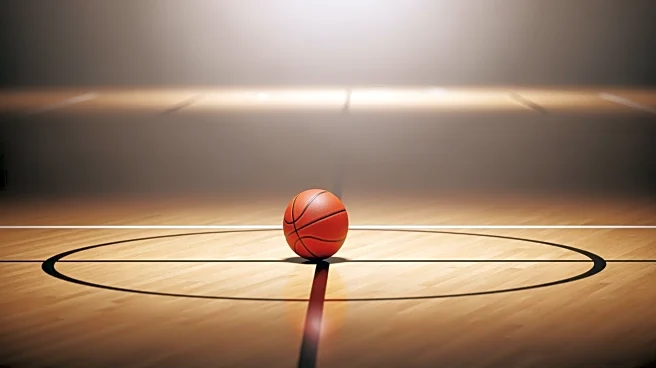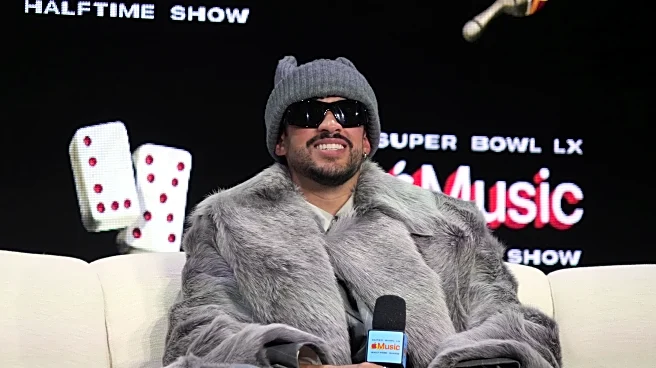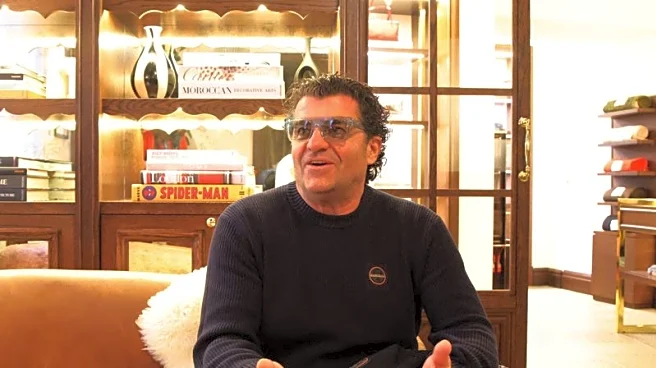What is the story about?
What's Happening?
Indiana safety Louis Moore has received a favorable ruling in his legal battle against the NCAA, allowing him to continue playing for the rest of the season. Judge Dale Tillery ruled that the NCAA's five-year eligibility rule violated the Texas Antitrust Act. Moore, who had filed the lawsuit in August, has been able to play in Indiana's first four games as the case proceeded in Dallas County, Texas. Moore's college football journey began at Navarro Junior College in Texas, followed by stints at Indiana and Mississippi, before returning to Indiana this season. He currently leads the team with 23 tackles and two interceptions. Indiana, with a record of 4-0, is set to play its first road game of the season against Iowa.
Why It's Important?
The ruling is significant as it challenges the NCAA's eligibility rules, potentially setting a precedent for other athletes facing similar restrictions. The decision could impact the NCAA's governance and its ability to enforce eligibility criteria, which may lead to broader discussions about athlete rights and antitrust laws. For Indiana, Moore's continued participation strengthens their defense, contributing to their undefeated record. The case highlights ongoing debates about the balance between institutional regulations and individual athlete rights, which could influence future policy changes within collegiate sports.
What's Next?
Indiana will face Iowa in their upcoming game, with Moore expected to play a crucial role in maintaining their winning streak. The NCAA may need to reassess its eligibility rules in light of the ruling, potentially leading to legal reforms or adjustments in their policies. Other athletes and institutions might be encouraged to challenge similar rules, prompting further legal scrutiny and possible changes in collegiate sports governance.
Beyond the Headlines
The case underscores the tension between athlete autonomy and institutional control, raising ethical questions about fairness and equity in sports. It may lead to increased advocacy for athlete rights and reforms in NCAA policies, reflecting broader societal shifts towards individual empowerment and legal accountability. The ruling could inspire more athletes to seek legal recourse against perceived injustices, influencing the cultural landscape of college sports.

















